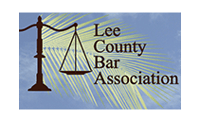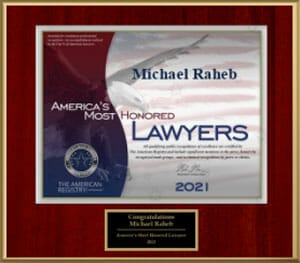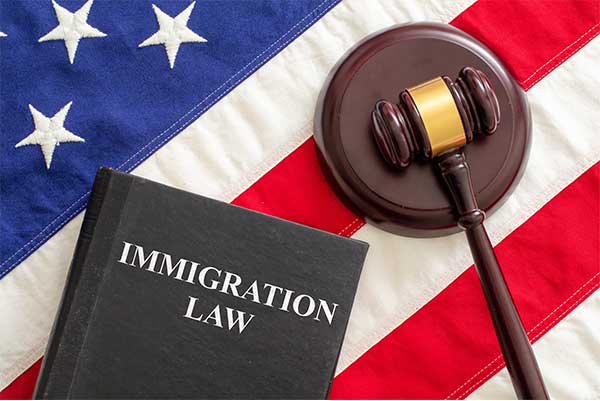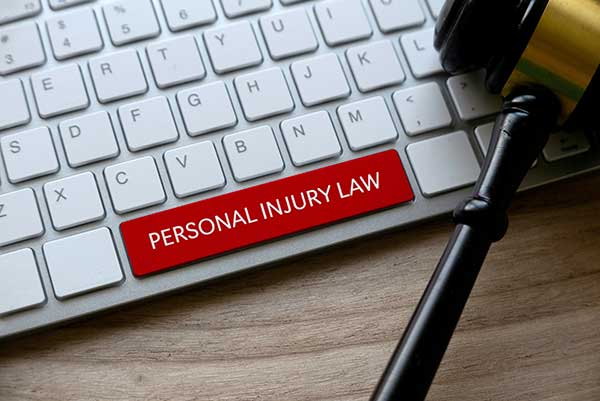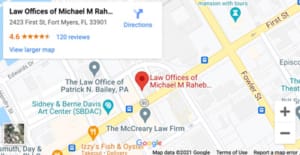Understanding Your Miranda Rights
Most arrest scenes in movies include some reference to the accused’s rights, and as a result, many Americans are aware that the police are required to read the suspect certain rights when making an arrest. These rights, known as Miranda rights, form an important part of the arrest process, but many people are unsure what happens if police fail to read them to the suspect during the arrest process.
It is not necessarily true that if police fail to read you your rights that you will not face punishment. It is still important to understand what these rights are, though, as well as what happens if police do not read them to you.
If you are facing DUI charges in Florida, it may be useful to contact a Naples criminal lawyer for advice. An experienced lawyer will have sound knowledge of the legal system and will be able to advise you on how best to act under the circumstances.
At The Law Offices of Michael M. Raheb, P.A., we specialize in representing clients who face serious criminal charges, including DUI, BUI and homicide. Mr. Raheb offers free, no-obligation consultations, and one of the best ways to achieve a positive outcome is to get assistance from an experienced legal professional.
Even if you think the charges are not serious, the legal system can be unpredictable, and the consequences of a guilty verdict can be severe. Call us today at 866-949-0888 to schedule an appointment, and read on for more information regarding your rights.
What are Miranda rights?
According to PBS.org, Miranda rights date back to the criminal case Miranda v. Arizona in 1966. During this trial, the Supreme Court released a ruling that stated police must inform criminal suspects of the charges they are facing before questioning.
Miranda rights have since evolved to include certain requirements that arresting officers must follow. The officer must inform you that you have the right to remain silent and that the court may use anything you do say against you during the court process. You also have a right to have a lawyer present during all questioning, and the state will appoint one to you if you cannot afford one.
When must police inform you of Miranda rights?
The law does not restrict Miranda rights to formal questioning in a specific location. According to US Courts, police must read these rights to anyone who is in custody, even if that means a police station, jail or at the scene of a crime.
If police do not have you in custody, the law does not require them to read you Miranda rights, and they can use anything you say during a subsequent trial. For this reason, some police do not arrest individuals immediately; rather, they wait for them to make an incriminating statement before taking them into custody.
If you face criminal charges, contact The Law Offices of Michael M. Raheb, P.A. at 866-949-0888 for advice. Mr. Raheb is a trusted Naples criminal attorney with experience handling a wide range of criminal cases.























